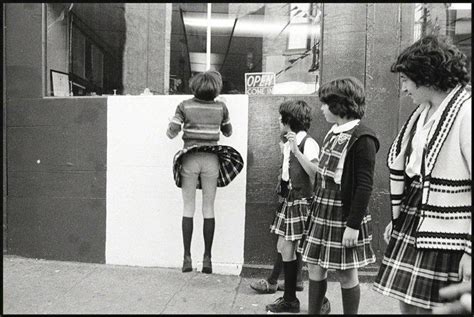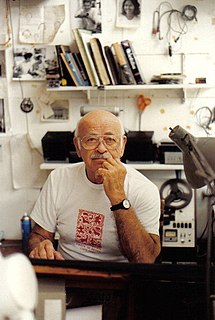A Quote by Susan Meiselas
I think photography has a huge potential to expand a circle of knowledge. There's a reality that we are all the more linked globally and we have to know about each other. Photography gives us that opportunity.
Related Quotes
Traditionally, photography has dealt with recording the world as it is found. Before photography appeared the fine artists of the time, the painters and sculptors, concerned themselves with rendering reality with as much likeness as their skill enabled. Photography, however, made artistic reality much more available, more quickly and on a much broader scale.
Photography - the supreme form of travel, of tourism - is the principal modern means for enlarging the world. As a branch of art, photography's enterprise of world enlargement tends to specialize in the subjects felt to be challenging, transgressive. A photograph may be telling us: this too exists. And that. And that. (And it is all 'human.') But what are we to do with this knowledge - if indeed it is knowledge, about, say, the self, about abnormality, about ostracized or clandestine worlds?
Anthropology... has always been highly dependent upon photography... As the use of still photography - and moving pictures - has become increasingly essential as a part of anthropological methods, the need for photographers with a disciplined knowledge of anthropology and for anthropologists with training in photography has increased. We expect that in the near future sophisticated training in photography will be a requirement for all anthropologists. (1962)
To know whether photography is or is not an art matters little. What is important is to distinguish between good and bad photography. By good is meant that photography which accepts all the limitations inherent in photographic technique and takes advantage of the possibilities and characteristics the medium offers. By bad photography is mean that which is done, one may say, with a kind of inferiority complex, with no appreciation of what photography itself offers: but on the contrary, recurring to all sorts of imitations.
I don't know that there were any rules for documentary photography. As a matter of fact, I don't think the term was even very precise. So as far as I'm concerned, the kind of photography I did in the FSA was the kind of photography I still do today, because it is based on passionate concern for the human condition. That is the basis of all the work that I do.


































